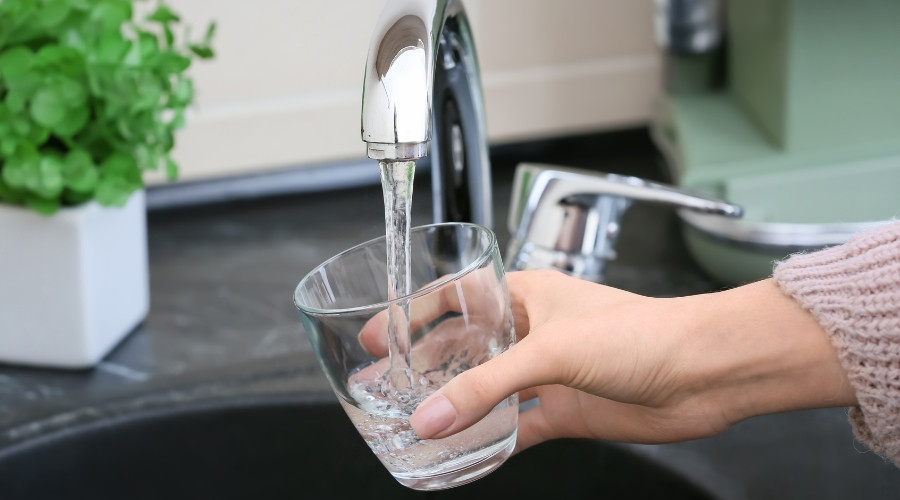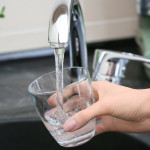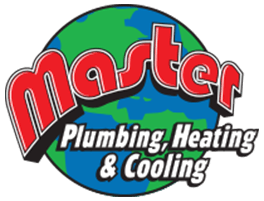The Importance of Backflow Prevention and Testing
Is drinking water truly safe from contamination? Regular backflow testing is a first line of defense, preventing dangerous pollutants from entering a clean water supply. A straightforward backflow test offers peace of mind, protecting households and businesses from the risks of water contamination. Safeguarding property and health can be simple with consistent maintenance. Explore why this preventive measure is essential for residential and commercial systems alike.
What Is Backflow?
 Backflow occurs when contaminated water reverses direction and flows backward into the potable supply. This hazardous plumbing event happens during pressure changes within a water system, and cross-connection scenarios can present serious health risks.
Backflow occurs when contaminated water reverses direction and flows backward into the potable supply. This hazardous plumbing event happens during pressure changes within a water system, and cross-connection scenarios can present serious health risks.
Many property owners are unaware of how easily contaminants can enter piping. Backflow usually occurs via two mechanisms: back-pressure and back-siphonage. Back-pressure arises when downstream pressure exceeds supply pressure, forcing polluted water upstream. Back-siphonage occurs when negative pressure creates a vacuum that draws contaminants into clean lines.
The health consequences of water contamination are significant. According to the EPA, backflow incidents contribute to thousands of waterborne illness cases annually in the United States. Contaminants can include bacteria, chemicals, pesticides, and human waste—reaching indoor fixtures if safeguards fail. For example, irrigation systems connected to the same water line as household fixtures can allow fertilizers and lawn chemicals to migrate into domestic supplies without a properly maintained backflow prevention device or backflow preventer.
What Is Backflow Testing?
Backflow testing verifies that backflow prevention devices are functioning correctly so contaminated water cannot reverse direction into clean supply lines. Professional technicians use calibrated gauges to measure pressure differentials across prevention assemblies, ensuring each backflow preventer seals and opens as designed under varying conditions.
Annual testing remains standard because mechanical parts experience wear from constant pressure and temperature fluctuations. The American Water Works Association notes that a portion of devices fail inspections each year due to fatigue of internal components like check valves and relief valves. To maintain compliance and safety, many municipalities require documented backflow testing on a yearly basis. Certified testers record readings, confirm valve operation, recommend repairs when needed, and issue certification showing that cross-connection control measures meet local plumbing codes and support broader public health protections.
The Importance of Routine Backflow Testing
 Regular backflow testing provides critical assurance against water contamination within plumbing systems. By confirming performance in real-world conditions, these tests identify issues before a failure compromises potable water.
Regular backflow testing provides critical assurance against water contamination within plumbing systems. By confirming performance in real-world conditions, these tests identify issues before a failure compromises potable water.
Consistent testing also helps prevent costly damage across plumbing infrastructure. Uncontrolled cross-connections can create pressure imbalances that strain pipes, valves, and fixtures, leading to repairs that far exceed the cost of routine inspections. Early detection keeps systems stable and reduces long-term risk.
Public health considerations make prevention and testing indispensable for communities. According to the EPA, contaminated water incidents affect millions annually, often resulting in gastrointestinal illness. Routine testing ensures each backflow preventer maintains a reliable barrier against pollutants. During main breaks, firefighting events, or maintenance that causes pressure drops, a properly functioning backflow prevention device prevents contaminated water from entering clean distribution lines and reaching taps.
About Master Plumbing, Heating & Cooling
Master Plumbing, Heating & Cooling is a reputable plumbing and HVAC company proudly serving Cedar Rapids and the surrounding areas since 1986. They provide prompt, professional, on-time service from experienced technicians. Call them today for backflow testing and repair in Cedar Rapids, IA.














